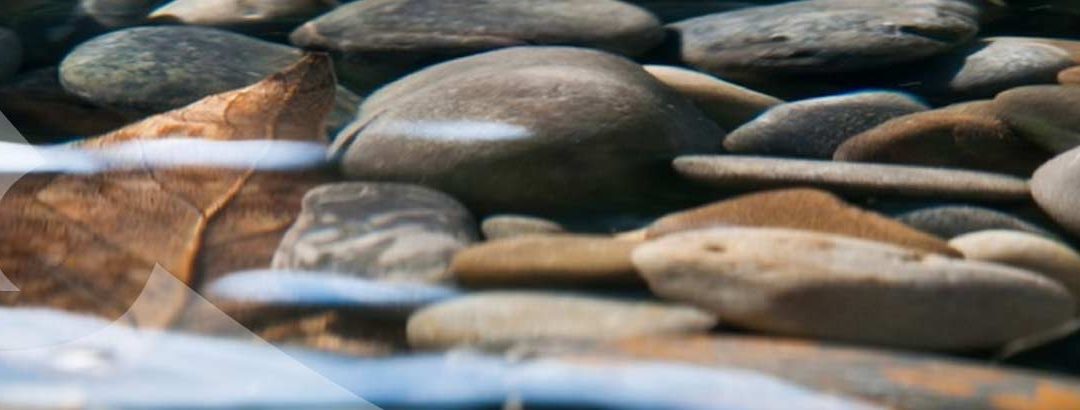Tēnā koe,
Stormwater Technical Working Group Report
The Stormwater Technical Working Group was established in March 2021 to identity future arrangements for the planning and management of stormwater services and how those services could be successfully delivered by the proposed three waters service entities, while protecting and enhancing the relationship between the proposed water service entities and local authorities.
The Stormwater Technical Working Group Transition Plan report identifies key issues, risks, opportunities, and options associated with the transfer, and includes proposals for:
- the future arrangements for the transfer of stormwater assets and management of stormwater systems and infrastructure;
- managing the interface between the roles and functions of the proposed water services entities, local authorities, mana whenua, transport providers, and regional councils to work together to manage stormwater systems and functions; and
- an approach and timeframe for the transfer of responsibility for managing stormwater from local authorities to the proposed water service entities.
This report and an accompanying video from the Chair of the working group is now available on the three waters website here: https://www.dia.govt.nz/three-waters-reform-programme-stormwater
A reminder of where we are in the three waters reform process
The three waters reform journey to date has been a long process which builds on engagement with local government, Iwi/Māori and water industry experts during the Government’s Three Waters Review (2017-2020), and the Three Waters Reform Programme (2020-2021). Engagement on the reforms is expected to continue on an ongoing basis throughout the reform programme lifetime.
At the request of the local government sector, a two-month period through August and September was agreed to, allowing time for local government to understand how the Government’s reform proposals affect their councils and communities, identify issues of local concern, and suggest possible ways of addressing these. No formal council decisions are required in this period.
The Government will then consider this feedback and take decisions on the next steps in the reform pathway, including the process for public consultation on the proposals. We expect these decisions will be taken and communicated in the coming months.
As above, 1 October is not the end of the reform discussions with local government, iwi/Māori and industry. We anticipate continuing to work together to strengthen aspects of the reform proposals.
Useful links:
- What’s proposed and why: Transforming the system for delivering three waters services – the case for change and summary of proposals – 30 June 2021
- A3 summary: Three Waters Reform Programme Overview – A3 – 30 June 2021
- See what this means for your community: Local Dashboard – 30 June 2021
- Frequently asked question: three waters reform programme frequently asked questions – dia.govt.nz
Ngā mihi,
The Three Waters Team

